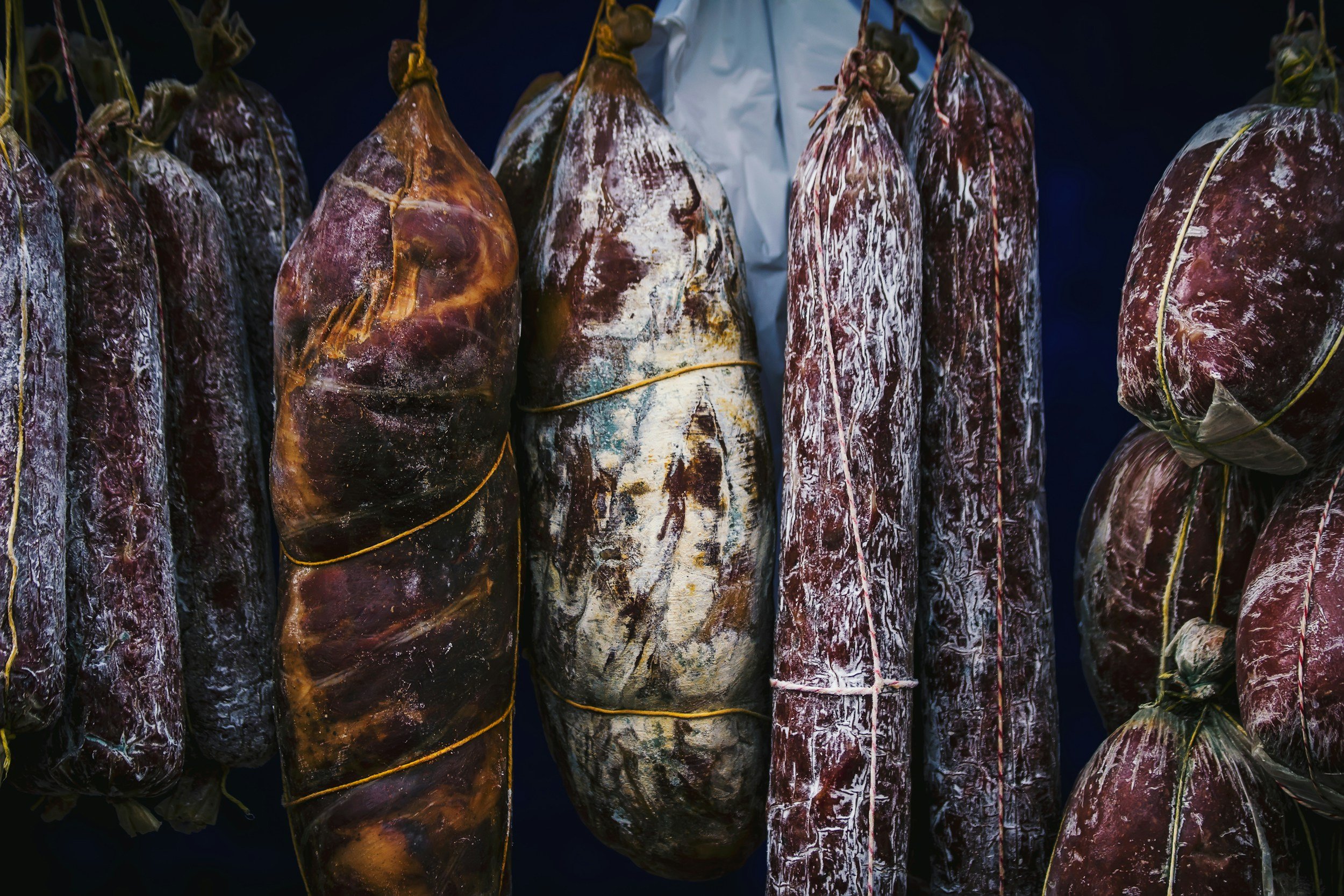The Intriguing US Ban on Haggis and Burns Night Celebrations
The ban remains firmly in place.
BY STAFF @the Brimly Test KitchenJanuary 25, 2024

Image Source/Editors @ Brimly
3 minute ReadINFO CONTENTFEATURE ARTICLEOBJECTIVE VIEWThe forbidden feast of the twenty-fifth.
When it comes to culinary quirks, the United States has its fair share. But perhaps one of the most intriguing is the long-standing ban on a Scottish delicacy - haggis. This ban takes on a particular significance every January 25th, during Burns Night, a Scottish holiday celebrating the famed poet Robert Burns.
Burns Night is an annual celebration in honor of Robert Burns, Scotland's most beloved poet, born on January 25, 1759. The night is not just a literary homage but also a cultural festivity involving music, readings of Burns' poetry, and of course, a traditional Scottish feast. The star of this feast? Haggis - a dish that, to the uninitiated, might sound more like a dare than a delicacy.
So, what exactly is haggis? Traditionally, it's a savory pudding containing sheep's heart, liver, and lungs, minced with onion, oatmeal, suet, spices, and salt. This mixture is then encased in the animal's stomach and boiled. Yes, it might not sound immediately appetizing, but haggis is deeply woven into Scottish culture and is celebrated for its rich, nutty flavor and hearty texture.
Now, why the ban in the U.S.? The issue lies with one of haggis's key ingredients - sheep's lung. In 1971, the U.S. Department of Agriculture (USDA) declared it unfit for human consumption, thus rendering traditional haggis illegal stateside. The reasons are rooted in health concerns, as lungs can contain stomach fluids and phlegm, which might be harmful. Despite ongoing debates and petitions from Scottish and American enthusiasts alike, the ban remains firmly in place.
This restriction poses a particular challenge for Scottish expatriates and enthusiasts in the U.S. looking to celebrate Burns Night in the most traditional way. It has led to the rise of "Americanized" haggis, where lung-free recipes are used to skirt the regulations, offering a taste of Scotland, albeit not entirely authentic.
The ban on haggis is more than just a culinary footnote; it's a fascinating example of how food regulations can impact cultural practices. While health and safety are paramount, this situation does raise questions about cultural heritage and culinary tradition.
Our round-up is:
As Burns Night rolls around each year, the tale of the forbidden haggis serves as a reminder of the complex, sometimes contentious, relationship between food, culture, and law. And who knows? Maybe one day, the ban will lift, and we'll see traditional haggis gracing American tables, giving everyone a taste of Scotland's rich culinary heritage. Until then, we'll raise a glass to Robert Burns and enjoy our lung-free haggis with a side of curiosity and cultural appreciation.
Brimly's Sweet and Spicy Pickled Onions
Hey, you can totally whip this up on a Tuesday night!
view:MORE TO READ
BY BrimlyBY BrimlyBY BrimlyBY Brimly









